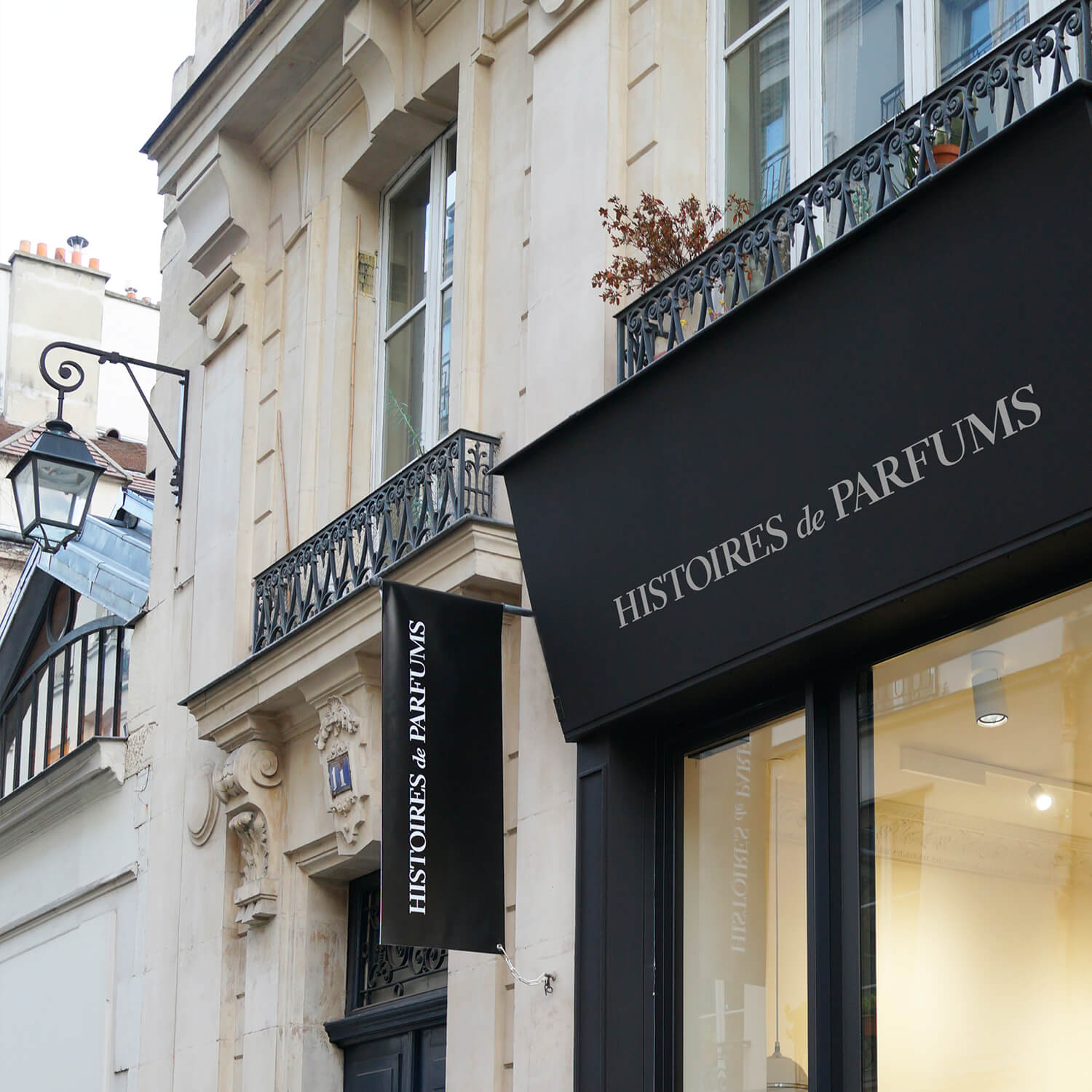The Oud
Agarwood, wood of the gods, water sinking wood, eaglewood, calambac, gaharu... All these terms, assigned by different cultures, define the agarwood whose raw, smoked scent makes it one of the most treasured goods in perfumery, especially in the Middle-East. The wood is sold in three forms: raw, as a powder, or as an oil, while its rarity and various qualities deem it one of the ten most expensive woods of the world. Agarwood has been around since 800 B.C, making appearances in Indian texts which demonstrate its medicinal uses. Well before agarwood became a fragrance, it played a role in medicine, religion and the arts.
The agarwood is acquired from four different trees, but the biggest player in its production is the Aquilaria malaccensis which is found in the tropical forests of Southeast Asia (Thailand, Vietnam, Singapore etc.). The tree can grow up to 20 meters tall and 60 centimeters wide. It is only once the tree is infected by a mushroom that it will produce agarwood resin in its trunk as a defense. This dark resin increases the wood's density, to the extent that if cut and placed in water, it will sink. This is where the nickname "water sinking wood" comes from.
Seeing as the resin is only visible once the tree has been cut, there were raised concerns about the plants' extinction. On average, only 7% of trees are infected, each producing around 32ml of essence. In the 70's, the high demand of agarwood spiked the essence's price per kilo, and even surpassed the price of gold. With this, we can easily understand that the trees are facing a brutal and savage deforestation.
Luckily in the early 2000's, on the brink of extinction, the Aquilaria malaccensis was annexed to the Convention on International Trade in Endangered Species to ensure that trafficking, exploitation and commercialization are regulated in order to protect and preserve the plant species.
Today, modern technology allows plantations to manually infiltrate the trees with bacteria. The bacteria needs six months to develop, after which, some plants receive a second injection that increases resin production by 25%. Agarwood aged for 5 years, yields a stronger and smokier scent, extremely desired in perfumery and even more so in the Middle East. The tree's age, origin, species, etc. determine the wood's quality. However, a lack of clear international regulations leaves it to the industry itself to establish a set of quality standards. Today, agarwood has become more and more democratized in perfumery. Once exclusively reserved to oriental fragrances, French perfumers have manipulated the scent to give off an Oriental allure.



اترك تعليقًا
This site is protected by hCaptcha and the hCaptcha Privacy Policy and Terms of Service apply.